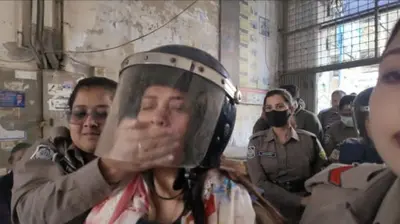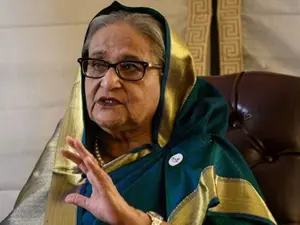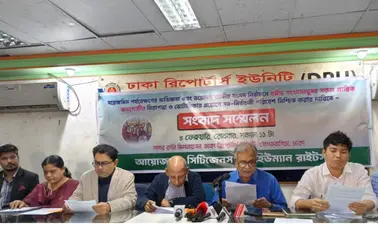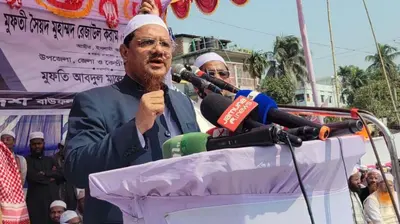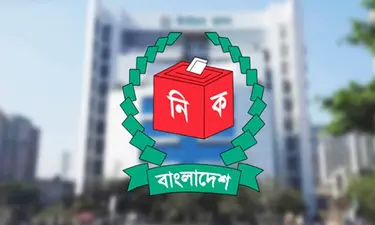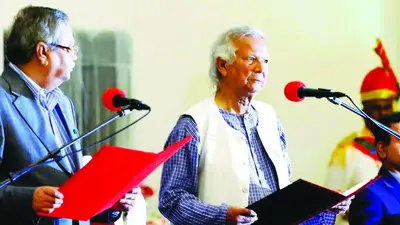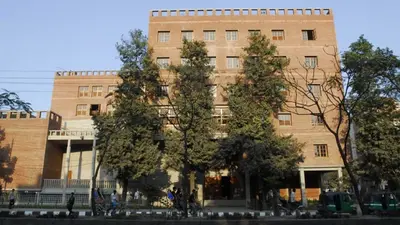Inside The UN Power Struggle In Bangladesh
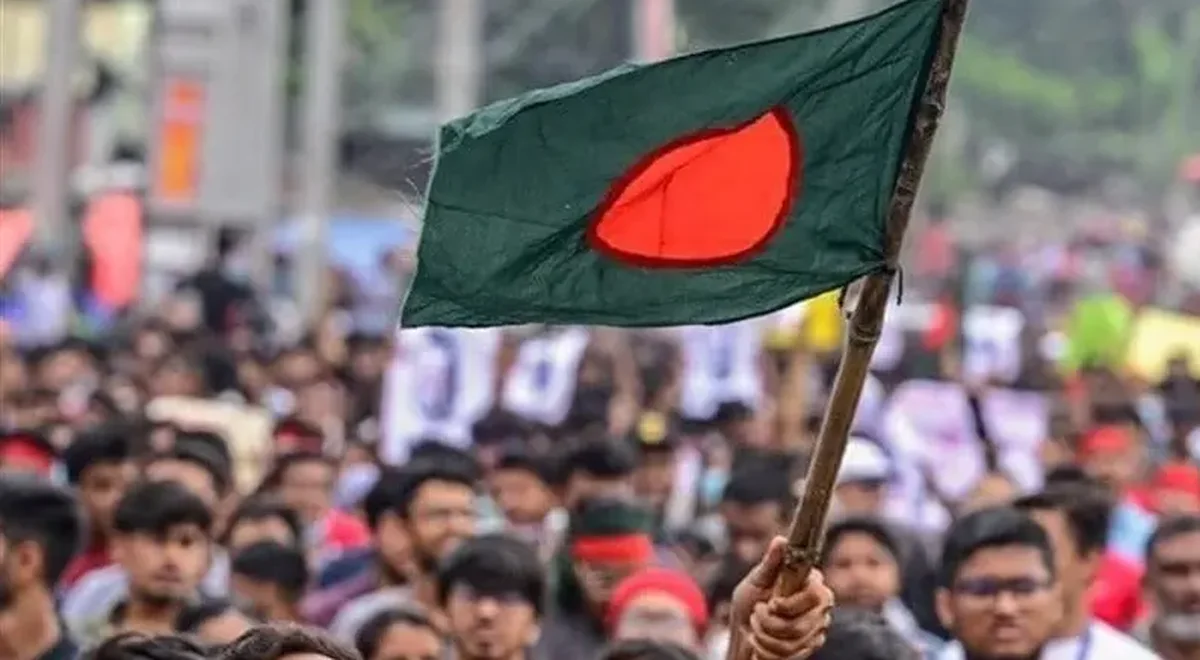
The rejection of Richard S. Howard, the UN Secretary-General’s nominee for Resident Coordinator in Bangladesh, has turned into one of the most bizarre and politically charged diplomatic episodes in recent memory. What appeared on the surface to be a rejection tied to conservative sensitivities about Howard’s sexual orientation was, according to multiple sources, in fact the result of an internal conspiracy inside the UN office in Dhaka.
The Leak That Sparked a Storm
Howard, a veteran diplomat currently serving in Papua New Guinea, was poised to replace Gwyn Lewis, whose tenure in Bangladesh officially ended in July 2024. But instead of preparing to hand over responsibilities, Lewis maneuvered to remain in her post — and she succeeded, according to observers. Investigators and insiders say the turning point came when Lewis, working with colleague Human Rights Adviser Huma Khan, conspired and approved smear campaign centering Howard’s sexual orientation.
That plot was then funneled through the Chief Adviser’s Office press wing and planted in Amar Desh, a newspaper closely linked to Islamist groups. No wonder Amar Desh editor Mahmudur Rahman has been publicly backing Yunus’s rule. In last October, Mahmudur has called for the removal of current President Mohammed Shahabuddin and the appointment of Dr Muhammad Yunus as the new president. Moreover, Mahmudur has repeatedly defended the release of extremists and publicly echoed anti women tirades. Even Mahmudur and Yunus’s press secretary Shafiqul Alam were seen attending several discussion events in public.
The timing was calculated: the story ran in early July, just as the UN was awaiting Dhaka’s agreement for Howard.
The article, amplified on social media, triggered outrage from Islamist leaders. Despite such public shaming, a striking silence was observed from the UN office, an apparent bid to lend credence to the allegation peddled by Islamists. Bangladesh’s foreign ministry and Yunus’s press wing also did not respond to the allegation, a marker of a complicity among all parties.
Within days, Bangladesh Khelafat Majlis called for Howard’s appointment to be scrapped and threatened mass protests. The Ministry of Foreign Affairs, citing “security concerns,” withdrew its approval.
Political Motivations Behind the Plot
But insiders insist that the sexuality issue was nothing more than a smokescreen. “Homosexuality has never been a diplomatic problem for Bangladesh,” said one senior foreign ministry official. “There have been openly gay diplomats posted here before. The issue was manufactured.”
The real motive, critics allege, was political. Lewis and Khan are said to have forged ties with Nobel laureate Muhammad Yunus and the newly formed National Citizen’s Party (NCP), while also maintaining links with Jamaat-e-Islami. Their alleged goal: to influence Bangladesh’s political transition, keeping Awami League and its allies away and blocking the BNP from consolidating power.
During the student-led movement in July–August last year, Lewis and Khan were widely known for sheltering activists in UN compounds to help them evade police arrest. They also worked with then-AFP journalist Shafiqul, now Yunus’s press secretary, to pitch anti-government narratives to international outlets, critics alleged. Alam even trained madrasa students in video journalism to bolster the movement’s media presence, alleged a number of journalists who seek to remain anonymous in fear of safety
An Unprecedented Outcome
The outcome of the maneuvering was unprecedented: Howard’s nomination was torpedoed, and Lewis’s tenure was quietly extended for another year, until May 2025. “It’s extraordinary,” said a Dhaka-based diplomat. “A UN Resident Coordinator effectively conspired to block her own replacement and got rewarded with a contract extension.”
For the UN, the episode is deeply embarrassing. Agrément refusals are rare, and when they do occur, it is usually due to serious misconduct or political disputes between states and the UN — not because of internal sabotage. “This is a serious breach of trust within the UN system,” said one international relations expert. “It shows that personal and political agendas can override institutional integrity.”
Fallout and Questions Ahead
The affair leaves troubling questions for both Bangladesh and the UN. For Dhaka, it highlights how foreign actors can manipulate domestic sensitivities for political gain. For the UN, it exposes the fragility of its internal checks and the risk of credibility loss when internal rivalries spill into public view.
“This was never about sexuality or social values,” a former diplomat said. “It was about power, politics, and a Resident Coordinator who refused to leave. And now the UN has to deal with the mess.”
UN’s past controversial role
Lewis’s saga to stay in Bangladesh beyond her tenure evokes grim memories of her predecessor Renata Lok Dessallien who during her stint in Dhaka, stood accused of exerting undue pressure on the army to depoliticize the country excluding key political parties and to extend the rule of army backed caretaker government.
Later posted to Myanmar, although her departure was announced earlier 2017, Un Kept Renata on because the Myanmar government rejected her replacement and during her stint Renata once again became a symbol of abject failure of the global body as she stood accused of focusing on good relations with Myanmar government rather than human rights for persecuted people. A BBC report cited aid workers who alleged that in the run-up to the ethnic cleansing in Myanmar, Lok-Dessallien had tried to stop human rights activists travelling to Rohingya areas and attempted to shut down public advocacy on the issue.
Shinjini Sarkar
a journalist with SkyNews Bangla
Source: eurasia review

